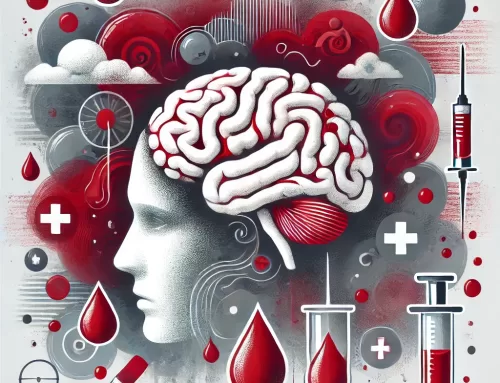Introduction
Though recovering from alcohol addiction can be a challenging journey, but it’s a path many individuals have navigated successfully. Understanding the alcohol addiction recovery process can provide hope and direction. With the right approach, support, and commitment, reclaiming your life from alcohol is possible.
Understanding Alcohol Addiction
Alcohol addiction, often referred to as alcoholism, is a serious condition where individuals lose control over their drinking habits. Of course ,It’s not just about drinking too much but about how alcohol consumption impacts your daily life. Recognizing that you have a problem is the first step towards recovery. Admitting you need help and choosing to make a change are crucial parts of the journey.
Alcohol Addiction Recovery Process
The process of recovering from alcohol addiction involves several key stages. The first step is detoxification, where the body is cleared of alcohol. This stage is critical and should be supervised by medical professionals to manage withdrawal symptoms safely. Following detox, the focus shifts to rehabilitation, which includes therapy and counseling to address the underlying issues of addiction.
Detoxification
Detoxification is the initial stage of recovery where alcohol is removed from your system. This process can be uncomfortable and even dangerous without proper medical supervision. During detox, you may experience withdrawal symptoms such as anxiety, tremors, or nausea. Medical professionals can provide medications and support to ease these symptoms and ensure a safe detox.
Rehabilitation for alcohol addiction recovery
After detox, the next phase is rehabilitation. This often involves a stay in a treatment facility where you receive therapy and counseling. The goal of rehabilitation is to help you understand the reasons behind your addiction and develop strategies for managing cravings. Therapy may include one-on-one counseling, group therapy, and family therapy to support your recovery.
Building a Support System
A strong support system is vital in the recovery process. This can include family, friends, support groups, and professionals who understand the challenges of addiction. Please support! groups such as Alcoholics Anonymous (AA) provide a community of people who share similar experiences and offer encouragement and advice.
Developing New Habits
As you progress in your recovery, developing new, healthy habits is essential. This might include finding new hobbies, joining exercise programs, or adopting a healthier lifestyle. This is how positive changes not only help distract you from cravings but also improve your overall well-being.
Long-Term Recovery and Relapse Prevention
Recovery is a long-term commitment. Even after completing a rehabilitation program, it’s crucial to continue attending support meetings and therapy sessions. But we need to Learn to manage stress, avoid triggers, and maintain a healthy lifestyle can significantly reduce the risk of relapse.
Conclusion
Therefore the road to alcohol addiction recovery is challenging but entirely achievable with the right support and resources. By understanding the recovery process, including detoxification, rehabilitation, and the importance of a strong support system, you can take significant steps towards a healthier, alcohol-free life. Remember, seeking help and making changes is a sign of strength, and many people have successfully navigated this path to recovery.





Leave A Comment